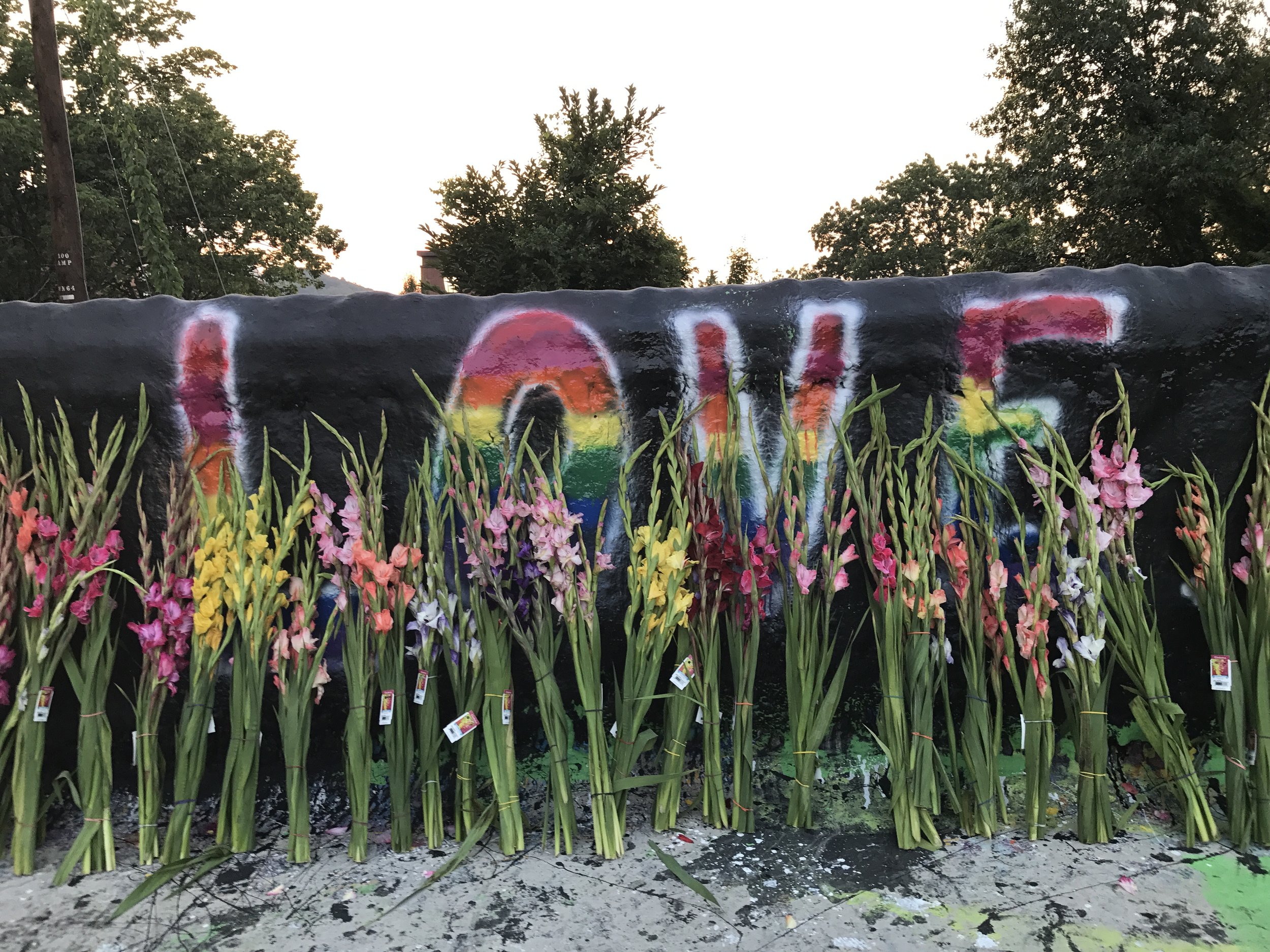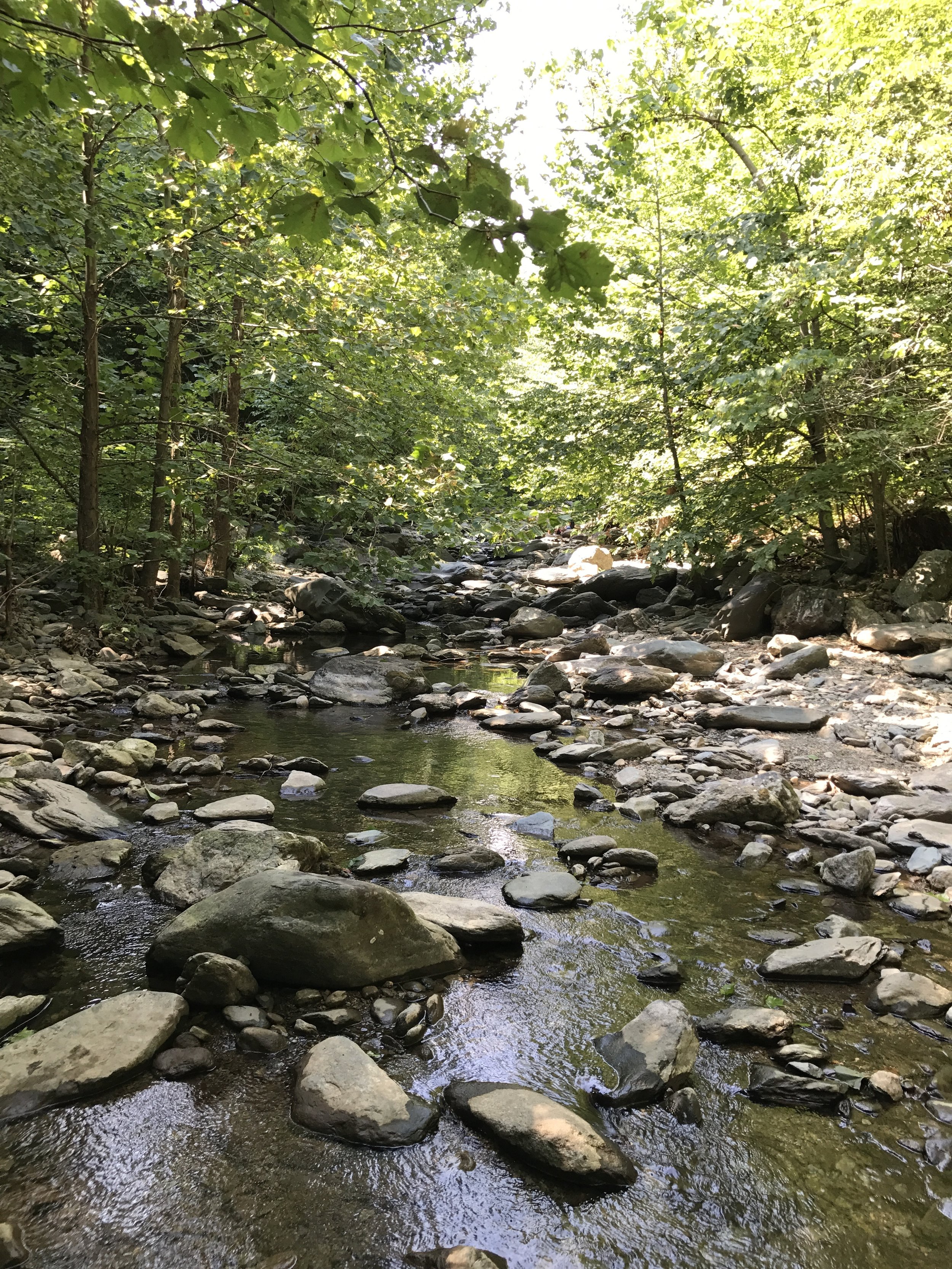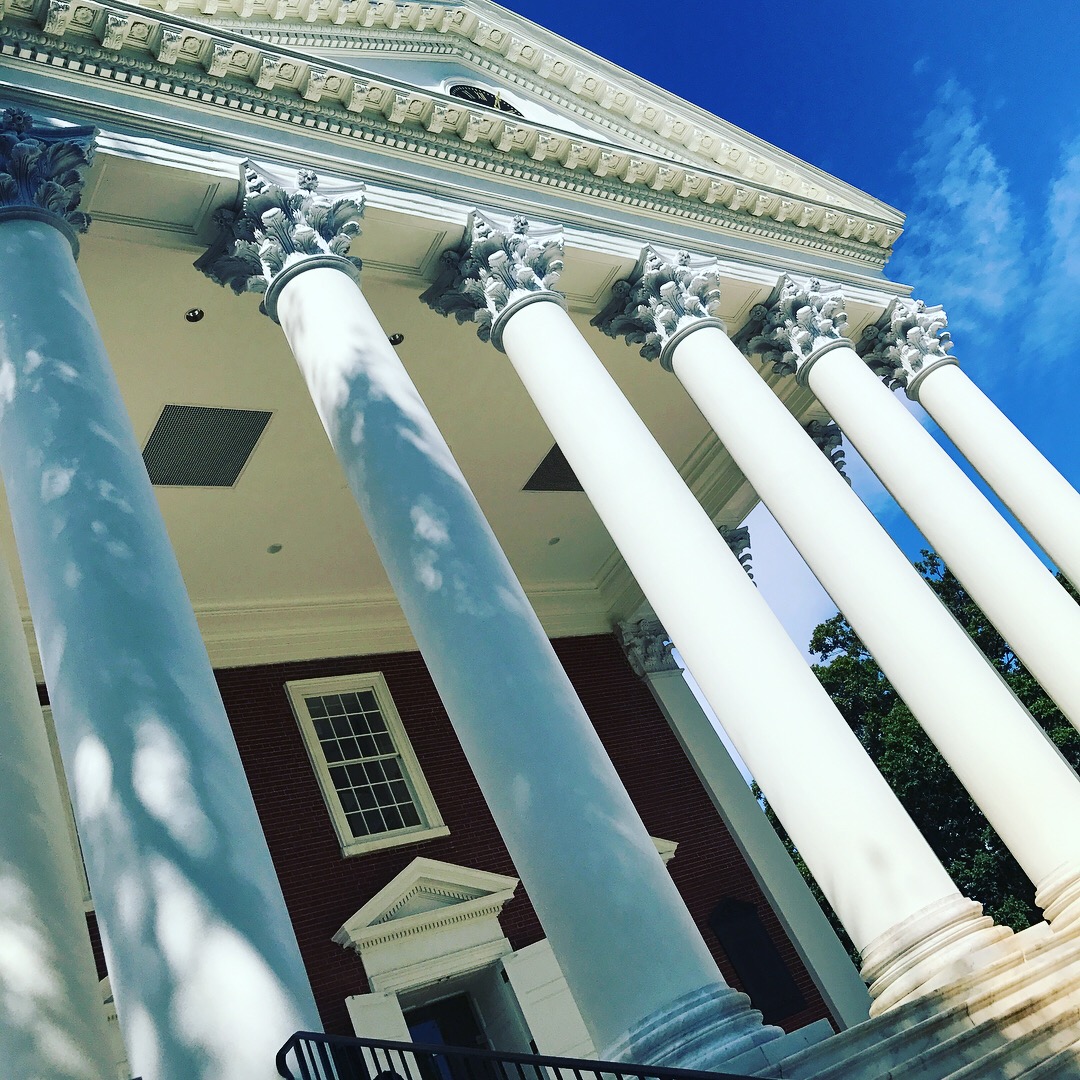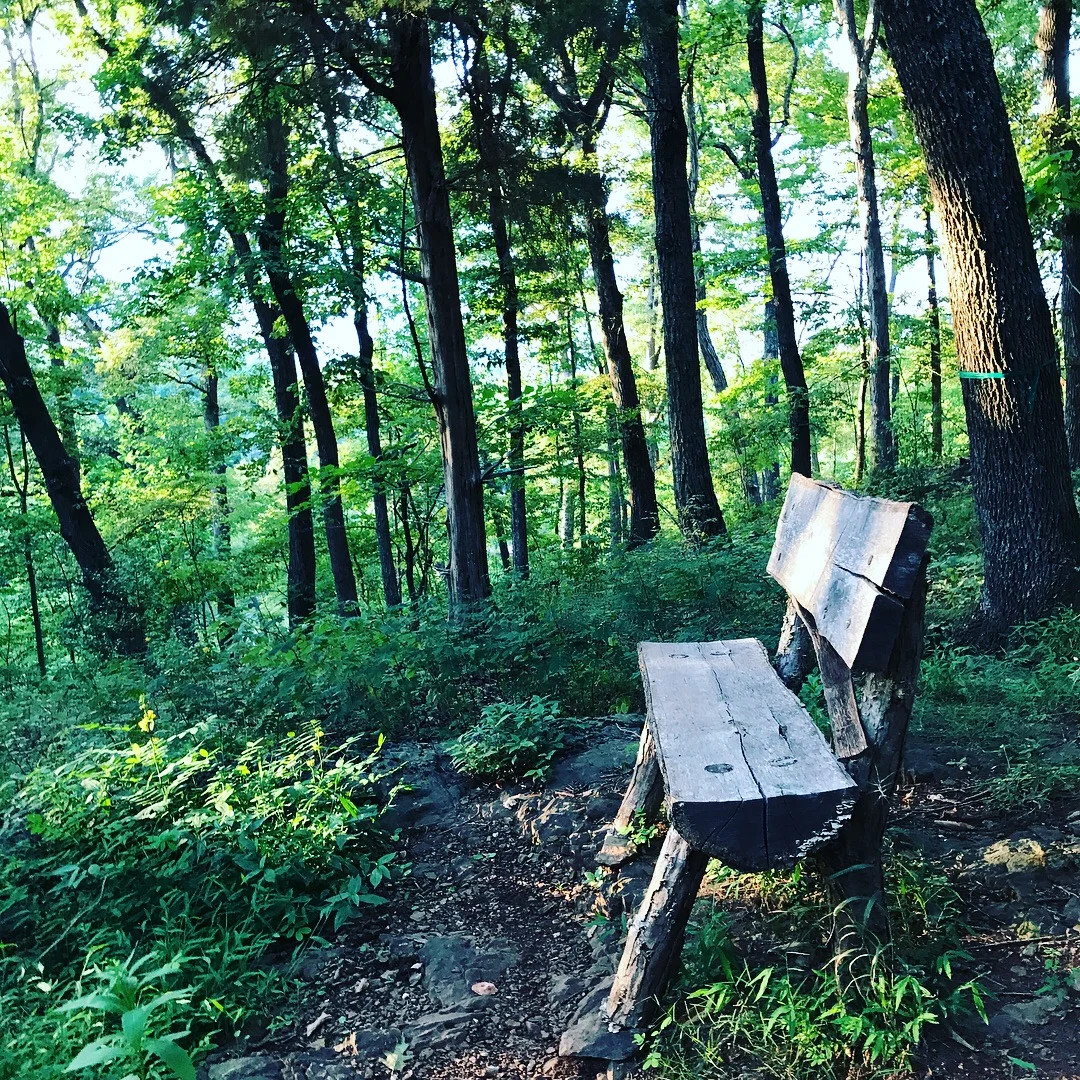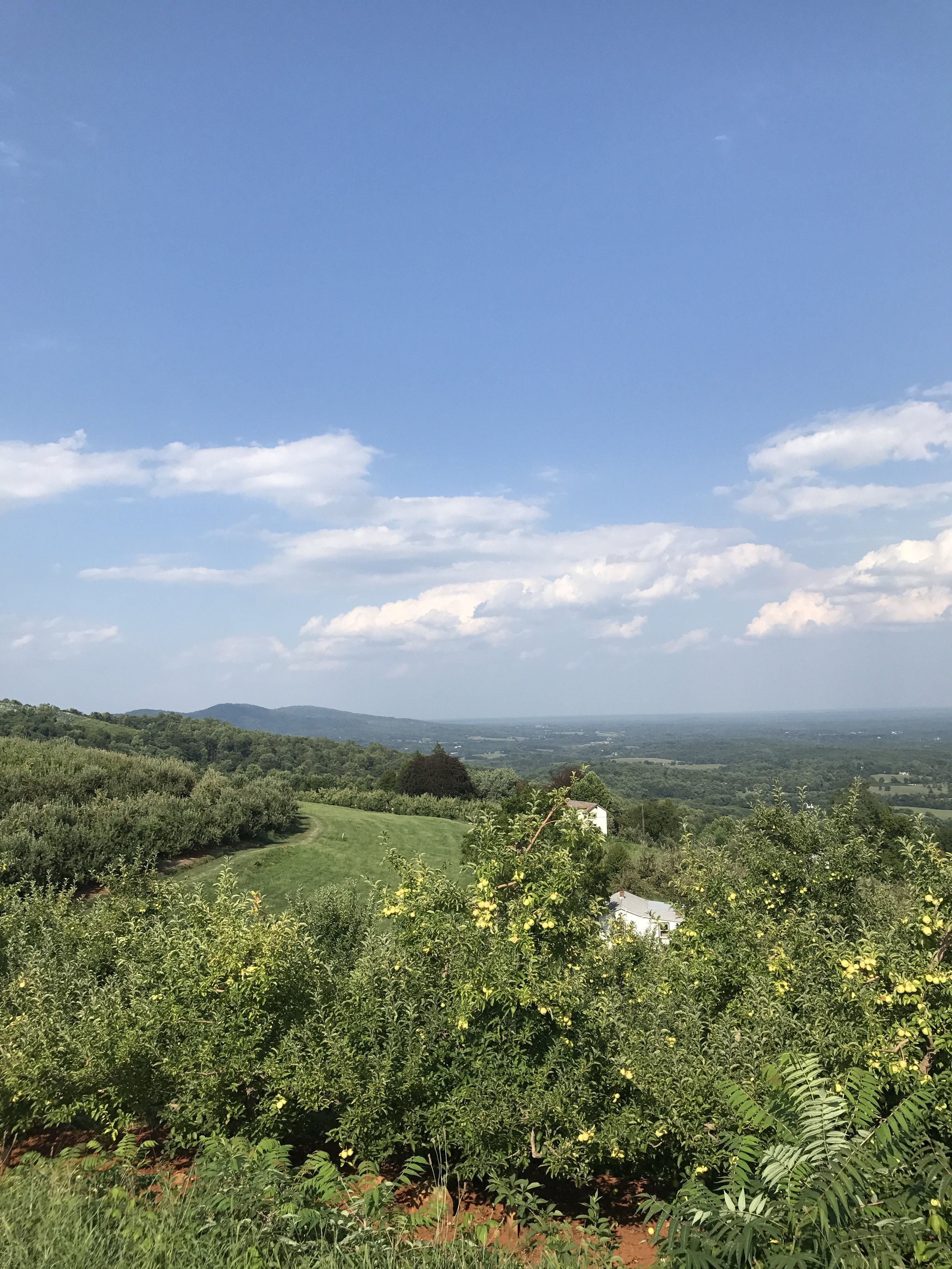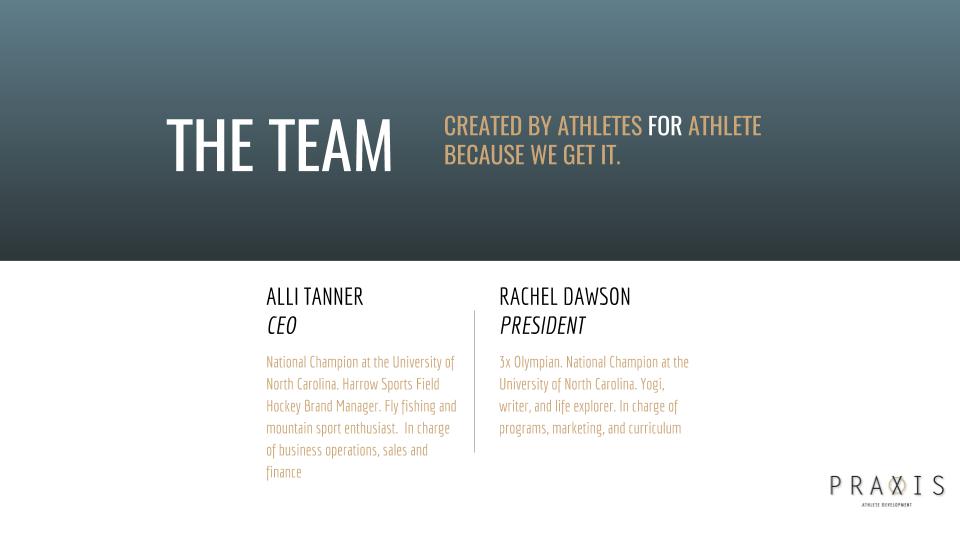This is dedicated to the competitors courageous enough to let there be another way.
“There are two types of competitors, the comparative competitor and the compassionate one. The former views its opponents as enemies of achievement, the ladder respects its foe as a partner in the dance of progress. Both play to win.”
“My whole life I’d considered myself ‘a winner’ but winning games came at a heavy cost to my mental and emotional wellness. My relationship to competition wasn’t healthy or sustainable. I was a thriving performer, but not a thriving person.”
For the last four years I’ve been on a spiritual inquisition into the true nature of competition. The inquisition began in my own heart, in a feeling that there had to be another way, beyond the way I’d experienced as yet, into the true competitive joy and exhilaration of sport.
My whole life I'd considered myself 'a winner', but winning games had always come at a heavy cost to my mental and emotional wellness. My relationship to competition wasn't healthy, or sustainable. I was a thriving performer, but not a thriving person. I was separate from grace, from myself, and in desperate search of an experience that winning, or being good, never satisfied. I longed for a deeper connection to life and those around me. A sense of unshakeable purpose, an identity that wasn’t attached to the thing I did, to beating an opponent, but to the aliveness of the competitive experience.
Letting there be 'another way' meant stepping into an abyss of unknowns without knowing the way out. It took courage, and vulnerability to face myself, and the suffering that I'd created and bottled up over 25 years of competing without grace.
I was vexed by questions - did I have to sacrifice my desire for greatness and my will to win to experience connection and happiness? Was there a way to be a happy, kind, see-the-big-picture person and a fierce, powerful, do-whatever-it-takes competitor? What did it mean to compete with grace? Was there way to pursue excellence and victory without being overcome by the competitive quest?
These questions, and my willingness to explore them, led me through the abyss. The biggest transformation for me came in how I relate to competition, and sport.
Growing up, my family called me ‘the Spaz.’ After games, win or lose (and sometimes during them) I threw huge, embarrassing, emotional tantrums. I sobbed hysterically on the pitchers mound after losing the u10 town softball championship. I threw my jersey at a coach during overtime of a 6th grade basketball game. I screamed at teammates, stuck my tongue out to the rowdy crowd. Get the idea?
I was, and still am, a passionate person. Passion made me tough, demanding, and a little bit crazy. I wore my passion in my body. As a kid, I put my entire being into sports. I played with desperation. Life or death, that's how I saw the game. I don't know why I felt that way. At 8 years old, I struggled to deal with the extreme energetic build-up of competition. The spazzes, as ridiculous and embarrassing as they were (thank God for my patient and compassionate mother) were simply raw and unfiltered energetic releases.
In time, I began to realize that spazzing wasn’t exactly acceptable for a teenage girl. So, I defaulted to what I believe a lot people who can’t fully understand, express, channel or articulate their emotions default too - I became passive-aggressive. Moody, and unpredictable, the energy of passion swirled inside of me, and I was ashamed to express it, let alone feel it.
“The chasm felt scary and not safe, so instead of exploring it, I hid. I hid in perfection. In depression. I dimmed my gifts, dulled my personality. I bullied myself. Isolated myself. I tried so hard to fit in, to be normal, to be calm, to be happy, to be easy, to be great, to be who I thought I should be. ”
There was another side to me too. I was kind, compassionate, intuitive and deeply curious . There was a chasm between the boisterous, competitive, wild me and the kind, intuitive, compassionate me. I felt like I had to make a choice between being fierce, direct, and aggressive or quiet, intuitive, and kind. I couldn't be both, I thought. It was either too much or not enough.
The chasm felt scary and not safe, so instead of exploring it, I hid. I hid in perfection. In depression. I dimmed my gifts, dulled my personality. I bullied myself. Isolated myself. I tried so hard to fit in, to be normal, to be calm, to be happy, to be easy, to be great, to be who I thought I should be.
Competition and training became both my emotional sanctuary - the place were I was free to be wild and creative - and an emotional attachment. I hid in the roller coaster thrills and moods of competition. I hid in the results. I did well in school, in sports, in any domain I choose to do well in, and behind the performance was a lost, and divided, kid. I judged myself with every win, loss, mistake and critique.
As a kid, I didn't feel safe to explore the chasm of questions inside of me, and as I got older, I tended toward ignorance because I didn’t have the courage to admit it to myself that I was crazed by competition, obsessed with the exhilaration and validation of winning. For better or worse, the roller coaster was the only way I'd ever known, and until four years ago, I was too scared to admit that there could be another way.
“A compassionate competitor focuses on how to pursue winning in a way that uplifts and inspires all those courageous enough to participate in the dance - the opponent, the referees, the spectators, the parents. It means recognizing and appreciating all the parts that make the game possible, and playing your part in way that expands possibility of the game. ”
It was one thing to admit there could be another way to succeed, and another thing to give myself space to explore another way. I mean, I was 9 years, and 2 Olympics deep into my international hockey career. To explore another way, meant letting go of desires and dreams on the hockey field that were rooted in comparison, and my one-track measure of success. It meant letting myself feel and suffer, without trying to fix it or make it better. It meant getting quieter. I listened more, and I listened differently. It meant offering myself the gift of compassion. Compassion does not mean weak, or soft. It simply means to suffer with, or to share in suffering. When I acknowledged my own suffering, I became free to compete from a purer place, not from comparison or judgement, from compassion.
A compassionate competitor doesn't diminish the desire to win. In high performance environments, you have to play to win. You have to want to be the best you can be. What matters is how you compete, and where you compete from. A compassionate competitor focuses on how to pursue winning in a way that uplifts and inspires all those courageous enough to participate in the dance - the opponent, the referees, the spectators, the parents. It means recognizing and appreciating all the parts that make the game possible, and playing your part in way that expands possibility of the game.
The last four years taught me something invaluable about life, and it is this - There is always another way if you are courage enough to let there be another way. When I look back on my playing career, the thing I am most proud of is the person I let myself become. That person always believes there is another way.
Discover Within, Expand Beyond,
Rachel







